
7 nuts you must eat for better health (and the #1 nut you should NEVER touch)
 When it comes to healthy eating, nuts are often celebrated as nutritional powerhouses — full of heart-healthy fats, vitamins, minerals, and antioxidants. They support your brain, boost your heart, and even help with weight management.
When it comes to healthy eating, nuts are often celebrated as nutritional powerhouses — full of heart-healthy fats, vitamins, minerals, and antioxidants. They support your brain, boost your heart, and even help with weight management.
But here’s the thing: not all nuts are created equal. Some offer incredible health benefits, while others may come with risks if eaten the wrong way. Even the way you buy, store, or prepare your nuts can make a big difference — turning a healthy snack into something that could harm your body.
Think about it: a handful of raw walnuts is a completely different food from a bag of salted, fried peanuts. Similarly, buying nuts in bulk versus pre-packaged bags can affect freshness, flavor, and safety. According to Dr. Iñigo Martín, a physician and psychologist who studies nutrition and behavior, how you source, store, and eat your nuts can determine whether they support your health — or work against it.
So, let’s take a closer look at the best and worst nuts for your health, how to eat them properly, and a few smart tips for making the most of these nutrient-rich foods.
✅ The Best Nuts for Your Health
These seven nuts are rich in essential nutrients and have been linked to better heart health, stronger immunity, improved brain function, and even a longer lifespan. The key, as always, is moderation and preparation.
7. Almonds: Your Heart’s Best Friend ❤️
Almonds are rich in monounsaturated fats, the same healthy fats found in olive oil. They help lower bad cholesterol (LDL) while supporting good cholesterol (HDL), reducing your risk of heart disease.
Regular almond eaters are less likely to experience high blood pressure, obesity, or type 2 diabetes. The fiber in almonds helps slow digestion, keeping your blood sugar stable and preventing those energy crashes that often lead to overeating.
Almonds are also packed with vitamin E, a powerful antioxidant that strengthens your immune system and keeps your skin youthful. And thanks to their high protein and fiber content, they help you stay full longer — making them a smart snack for weight control.
Key Takeaway: Eat a handful (around 30 grams) of raw, unpeeled almonds daily. For improved blood sugar control, try eating them 10–15 minutes before a meal. Avoid salted or honey-roasted versions, which often contain added sugars and oils.
6. Walnuts: The Brain and Heart Power Duo 🧠
Walnuts are unique because they contain alpha-linolenic acid (ALA), a plant-based omega-3 fatty acid essential for brain and heart health. These healthy fats reduce inflammation and may even help protect your brain cells as you age.
Studies show that people who eat walnuts regularly have better memory, concentration, and mood. They also experience lower levels of LDL cholesterol and improved blood vessel function — two major factors in preventing heart disease.
Key Takeaway: Enjoy 4–5 walnuts daily. Soak them in water overnight to improve digestion and nutrient absorption. You can also add chopped walnuts to oatmeal, yogurt, or salads for extra crunch and nutrition.
5. Pistachios: Great for Weight Control and Gut Health 🌿
Pistachios are a perfect balance of fiber, protein, and healthy fats, making them one of the best nuts for appetite control. Their fiber forms a gel in your stomach, helping you feel full longer and reducing the temptation to snack.
Even better, this fiber acts as a prebiotic, feeding the good bacteria in your gut — improving digestion, metabolism, and even mood. The green color of pistachios also indicates their high antioxidant content, which helps protect your cells from damage.
Key Takeaway: Eat a handful of pistachios daily, preferably in their shells. The act of shelling them slows you down, preventing overeating. They also contain fewer calories per serving than many other nuts.
4. Brazil Nuts: Tiny but Mighty Selenium Boosters 🌎
Brazil nuts are nature’s richest source of selenium, a trace mineral essential for thyroid function, metabolism, and immunity. Just one Brazil nut provides more than your daily requirement.
Selenium helps regulate hormones, supports fertility, and protects cells from oxidative stress. In fact, people with adequate selenium levels often have stronger hair, better skin, and more energy. However, too much selenium can be toxic — so moderation is key.
Key Takeaway: Limit yourself to one or two Brazil nuts per day. Store them in the refrigerator to prevent the fats from turning rancid, and avoid eating too many at once to prevent selenium overload.
3. Hazelnuts: A Sustainable Source of Vital Nutrients 🌰
Hazelnuts don’t just taste amazing — they’re packed with vitamins A, B, and E, magnesium, and healthy fats that support your nervous system and energy production.
Unlike almonds, hazelnuts require less water to grow, making them an environmentally friendly choice. Their high vitamin E content supports skin health, while magnesium and B vitamins help your muscles, brain, and heart function smoothly.
Key Takeaway: Enjoy about 30 grams of raw hazelnuts daily. If you prefer them toasted, roast them yourself at a low temperature for 10 minutes to preserve nutrients. Avoid overly roasted or salted versions.
2. Chestnuts: The Light, Low-Fat Nut You Didn’t Expect 🌰
Chestnuts stand out because they’re low in fat and calories but high in fiber, potassium, and vitamin C — a rare trait among nuts. Their mild sweetness makes them a satisfying and healthy snack for people watching their weight.
They help support heart health, stabilize blood sugar, and improve digestion thanks to their complex carbohydrates and low glycemic index. Plus, they’re naturally gluten-free and easy on the stomach.
Key Takeaway: Eat 4–5 chestnuts daily. They can be eaten raw or roasted — just make a small cut in the skin before roasting to prevent them from bursting. Avoid candied or sweetened versions, which add unnecessary sugar.
1. Pecans: The Antioxidant and Mineral All-Star 🏆
Pecans are one of the most antioxidant-rich nuts you can eat. They contain high levels of polyphenols, which fight inflammation and protect your cells from damage.
They’re also rich in calcium, magnesium, and potassium, all crucial for strong bones, healthy muscles, and stable blood pressure. For men, pecans may even support prostate health by reducing inflammation. Their naturally low carbohydrate content makes them an ideal snack for people managing diabetes or following a low-carb diet.
Key Takeaway: Eat a handful of pecans daily. You can enjoy them raw, toasted, or crushed over salads and oatmeal. Lightly toasting them with cinnamon brings out their flavor without reducing their nutrients.
⚠️ Nuts to Be Careful With (or Avoid Altogether)
While most nuts are healthy, a few come with potential downsides — from toxins to excessive calories. Knowing which to limit (and why) helps you stay safe while still enjoying the benefits of nuts.
A. Macadamia Nuts: Delicious but Calorie-Dense
Macadamia nuts are buttery and delicious, but they’re also among the most calorie-dense nuts — packing over 200 calories per small handful. They contain mostly fat and very little protein, so they’re not ideal if you’re trying to lose weight or build muscle.
Key Takeaway: Stick to 4–5 raw macadamia nuts per day. Avoid salted or chocolate-coated versions, and mix them with almonds or pistachios to balance the fat-to-protein ratio.
B. Peanuts: Common, but Potentially Risky
Peanuts aren’t technically nuts (they’re legumes), but they’re often grouped together. Unfortunately, they can be contaminated with aflatoxins, toxic molds linked to liver damage. They’re also one of the most common food allergens.
Additionally, many commercial peanuts are roasted in cheap oils and heavily salted — increasing inflammation, water retention, and calorie intake.
Key Takeaway: Choose unsalted, natural peanuts, and store them in the refrigerator to prevent mold. Eat no more than 25 grams twice a week.
C. Pine Nuts: Healthy but Can Alter Taste
While pine nuts are full of healthy fats, they can cause a strange condition known as “pine mouth” — a temporary metallic taste that can last for days. They’re also quite expensive compared to other nuts with similar benefits.
Key Takeaway: Enjoy pine nuts occasionally — a small handful once or twice a week is plenty. Use them in salads or pesto, but don’t rely on them as a daily snack.
D. Horse Chestnuts: Toxic and Dangerous ❌
Horse chestnuts may look similar to edible chestnuts, but they contain esculin, a toxic compound that can cause nausea, vomiting, and even paralysis in severe cases. These are not safe to eat under any circumstance.
Key Takeaway: Never eat horse chestnuts. Always buy edible chestnuts from trusted sources, and if you’re unsure, check labels carefully — or ask a grocer to confirm.
E. Bitter Almonds: Hidden Poison
Bitter almonds contain amygdalin, a compound that turns into cyanide in your body. While sweet almonds are completely safe, bitter almonds are toxic and not meant for regular consumption.
Key Takeaway: Always buy almonds from reputable stores. If you taste an almond that’s extremely bitter or leaves a strange sensation, spit it out and don’t eat it.
🌿 Final Thoughts: Smart Snacking with Nuts
Most nuts are packed with nutrients that can boost your health in powerful ways — as long as you eat them wisely. The key is to choose raw or lightly roasted varieties, avoid added salt or sugar, and store them in airtight containers away from light and heat.
Try mixing different types of nuts for variety and balanced nutrition. Combining almonds (for protein), walnuts (for omega-3s), and pistachios (for fiber) makes a perfect all-round snack.
And remember — even healthy nuts are high in calories, so moderation matters. A small handful a day (around 30 grams) is enough to reap their benefits without overdoing it.
Disclaimer:
This article is for educational purposes only and is not a substitute for professional medical advice. Always consult your healthcare provider before making significant dietary changes, especially if you have allergies, diabetes, or thyroid issues.
News in the same category


New Study Shows Vitamin D Suppresses Key Cancer-Driving Protein
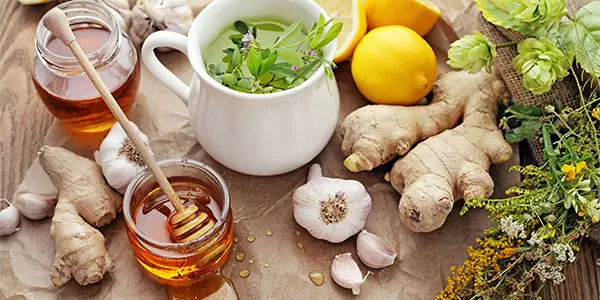
Take Lemon and Garlic on an Empty Stomach for 7 Days — Unclog Your Arteries Naturally

What Really Happens When You Drink Coffee on an Empty Stomach

DIY Egg & Vaseline Hair Mask for Extreme Shine and Smoothness 🥚🌟

Arthritis warning: 10 everyday foods making your pain and inflammation worse

9 Warning Signs of Diabetes You Shouldn’t Ignore
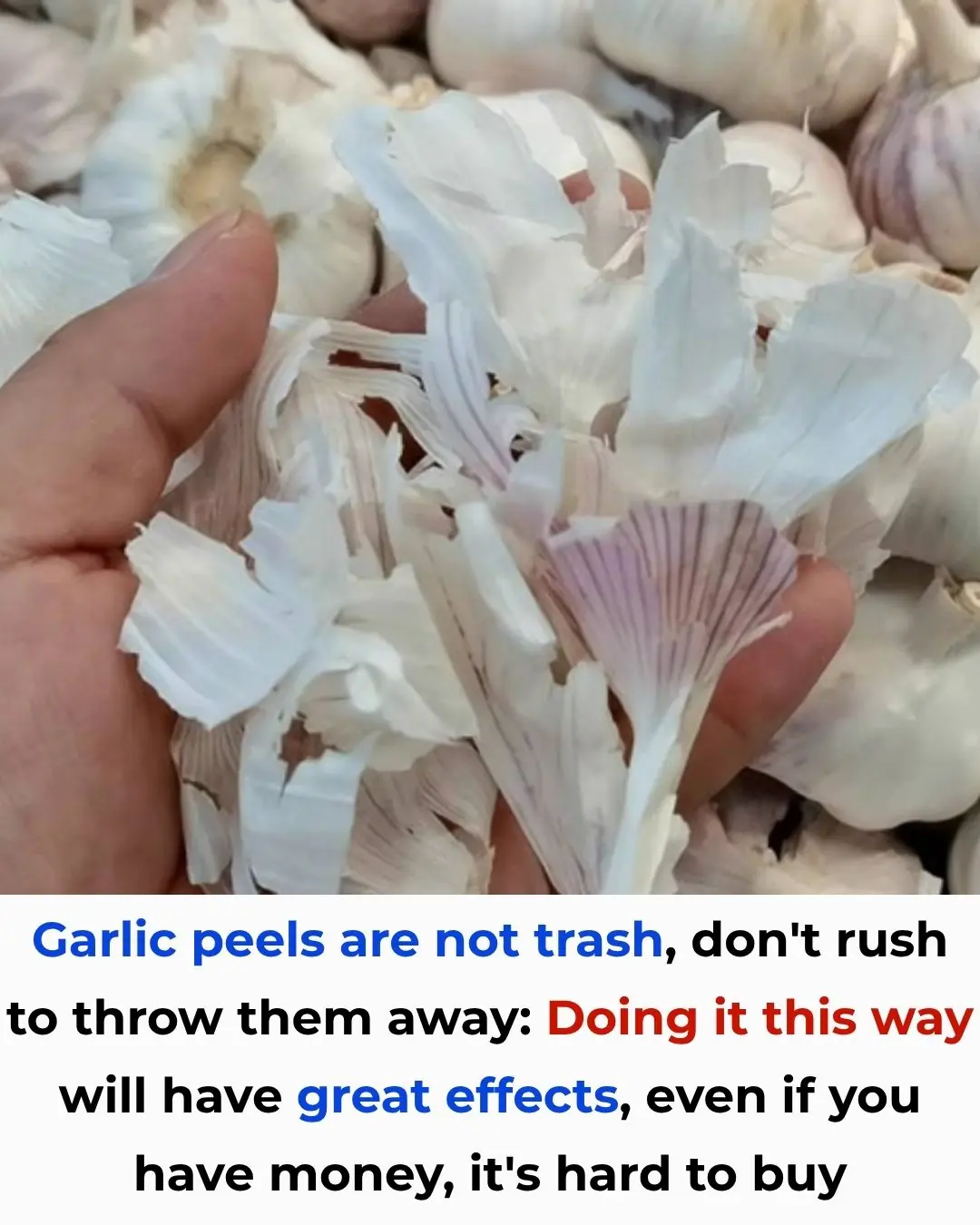
Garlic Peels Are Not Trash – Don’t Throw Them Away!

1 Cup to Cleanse Your Lungs of Phlegm and Toxins

How To Spot Eyelash Mites
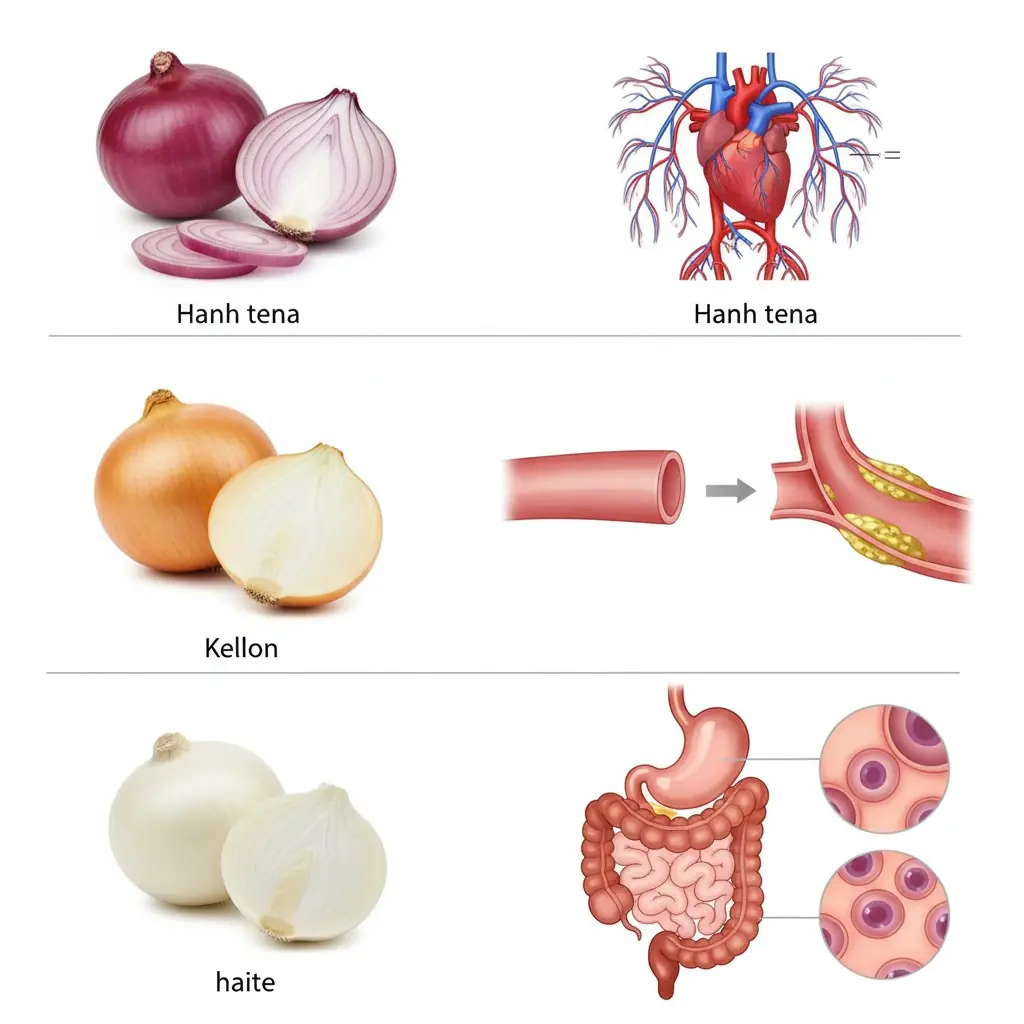
The Healing Power of Onions: Red, Yellow, and White — Three Natural Medicines in One Vegetable
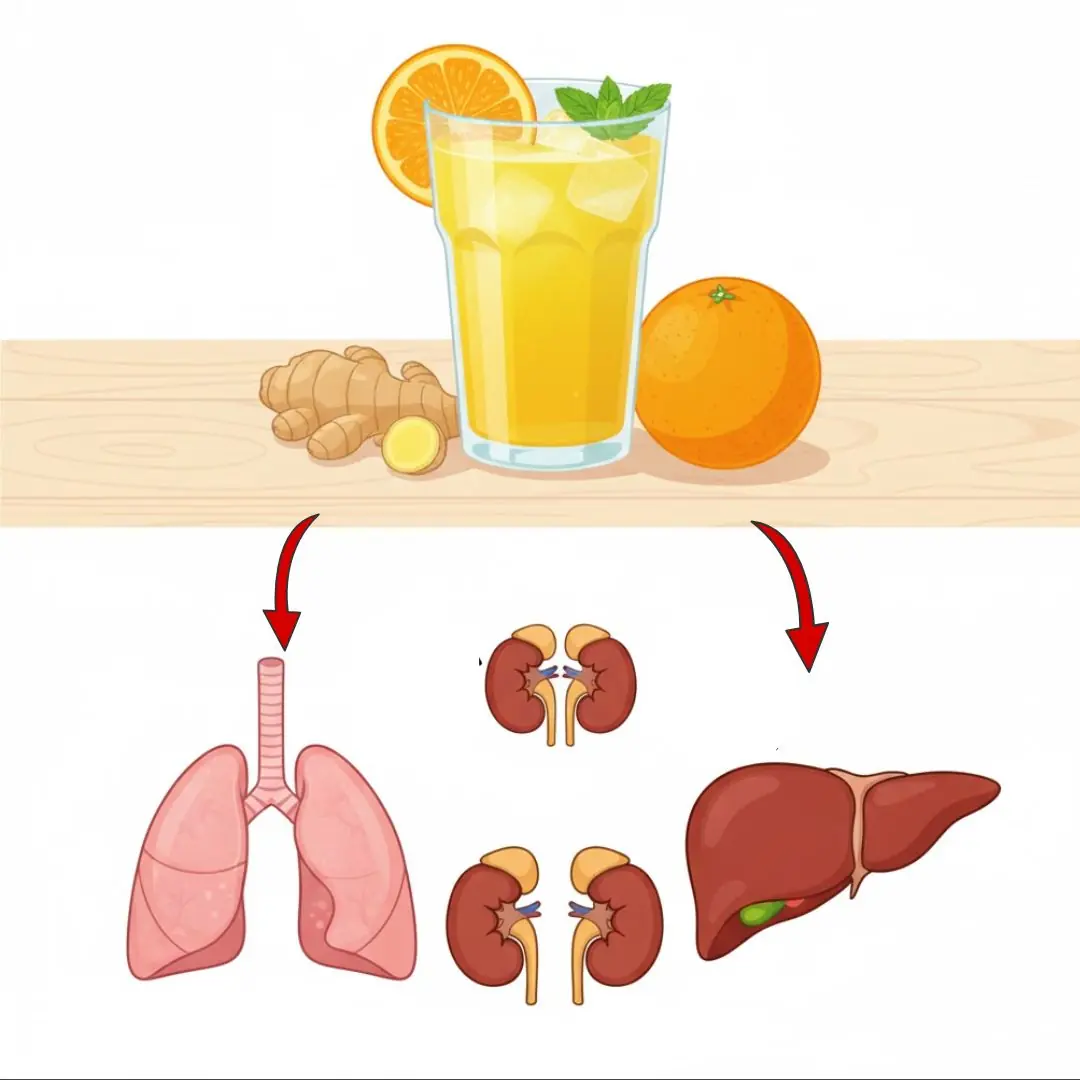
The 7-Day Organ Flush That Doctors Hate: Cleanse Kidneys, Liver & Lungs With Kitchen Staples
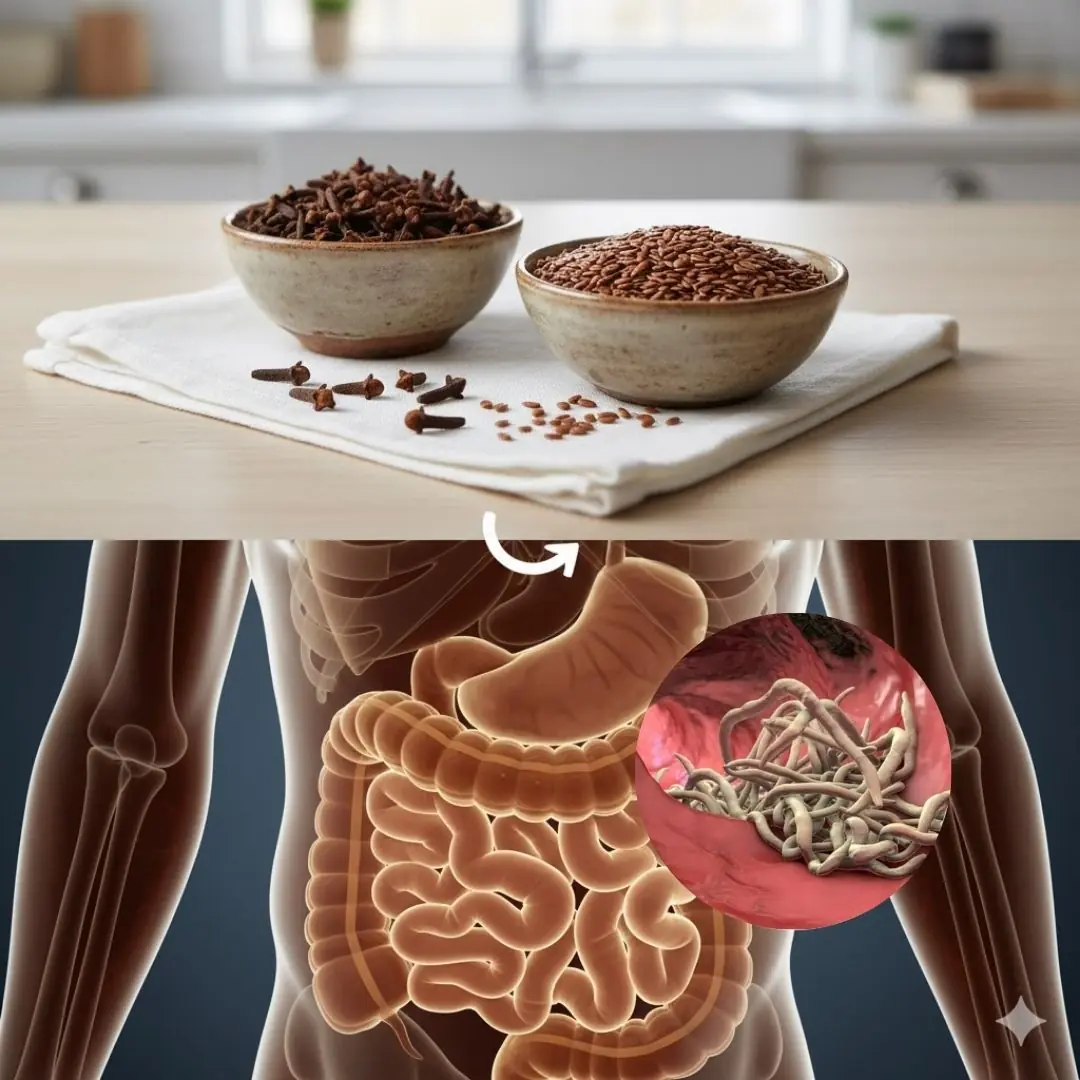
How to Naturally Eliminate Intestinal Parasites with Clove and Flax Seeds

Long-term melatonin use linked to increased heart failure risk, new study suggests

The #1 Food to Unclog Your Arteries Naturally
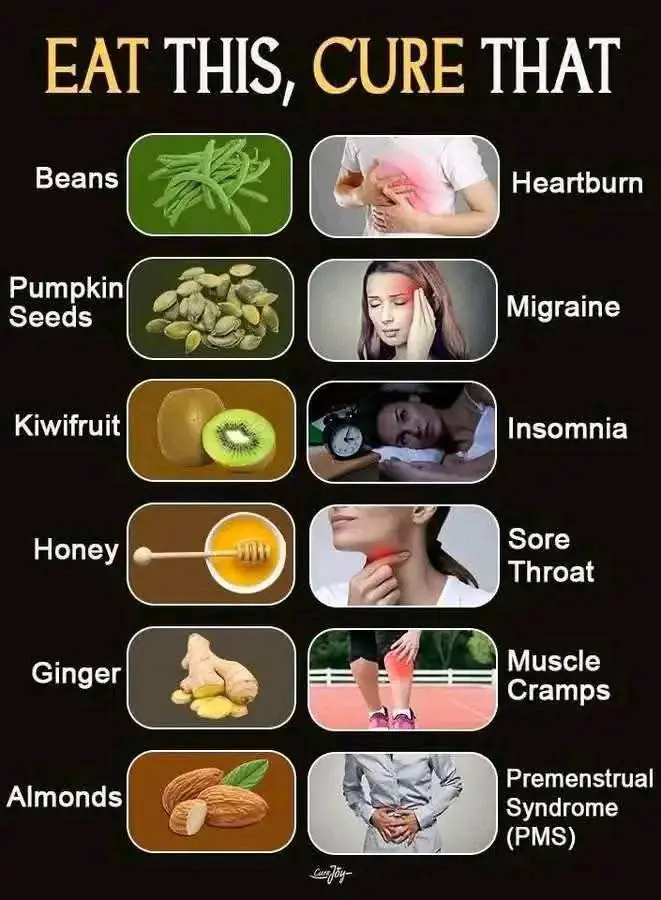
6 Everyday Foods That Can Help Relieve Common Health Symptoms — According to Science

Nerve damage? 6 best oils to help repair your nerves

1 cup to protect the pancreas (and reduce blood sugar)

10 Warning Signs of Bowel (Colorectal) Cancer You Shouldn’t Ignore
News Post

7 Medical Causes of Impaired Leg Circulation You Might Be Missing

New Study Shows Vitamin D Suppresses Key Cancer-Driving Protein

Take Lemon and Garlic on an Empty Stomach for 7 Days — Unclog Your Arteries Naturally

What Really Happens When You Drink Coffee on an Empty Stomach
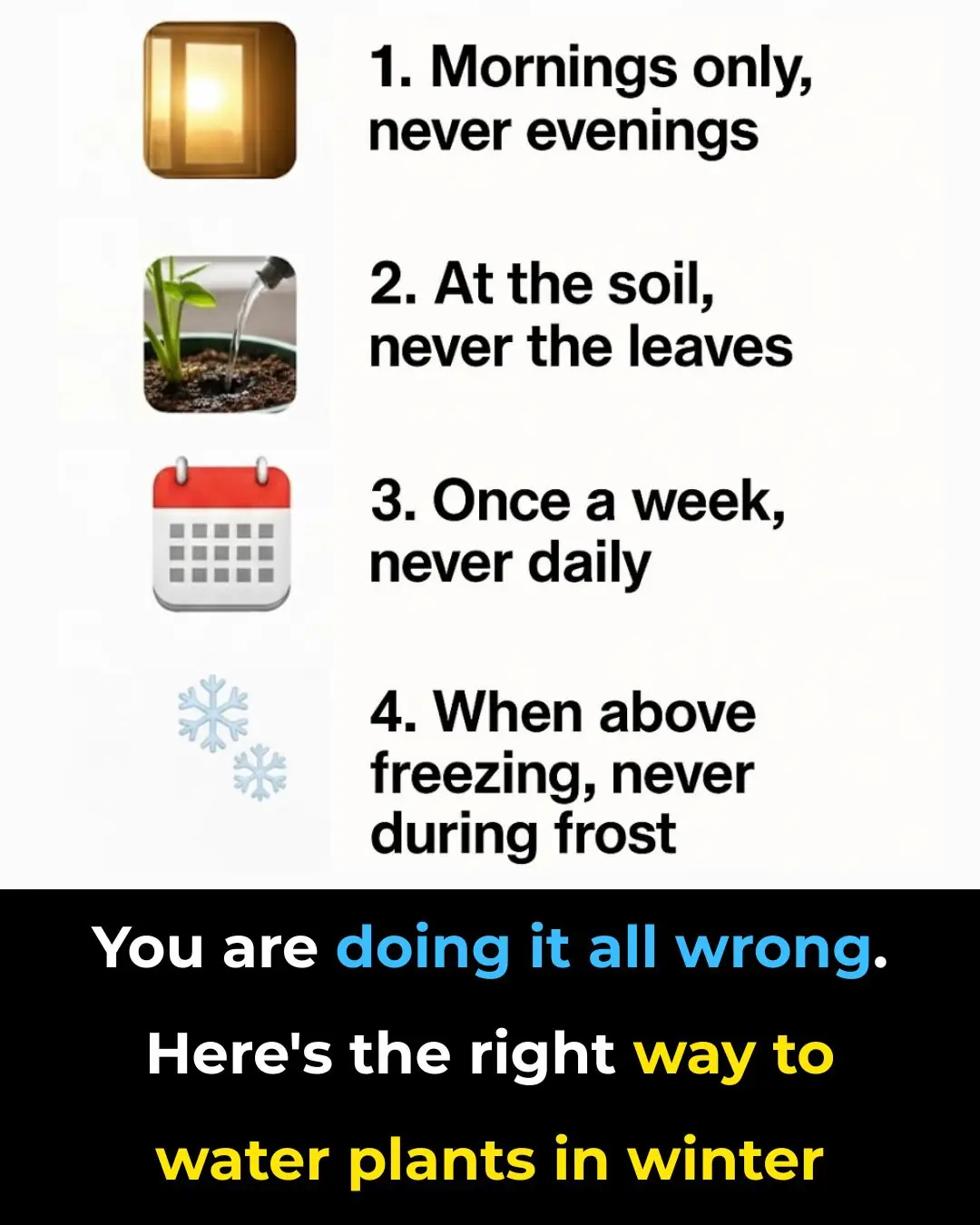
You Are Doing It All Wrong. Here’s the Right Way to Water Plants in Winter

Don’t Junk Your Eggshells. Hang Them in Your Garden Instead. Here’s Why

12 Top Perennials for Containers That Return Year After Year

You Are Doing It All Wrong. Here’s the Right Way to Prune Plants Before Frost

My nana taught me this hack to make orchids rebloom fast in 5 minutes with 0 work — here’s how it really works

DIY Egg & Vaseline Hair Mask for Extreme Shine and Smoothness 🥚🌟

Arthritis warning: 10 everyday foods making your pain and inflammation worse

9 Warning Signs of Diabetes You Shouldn’t Ignore
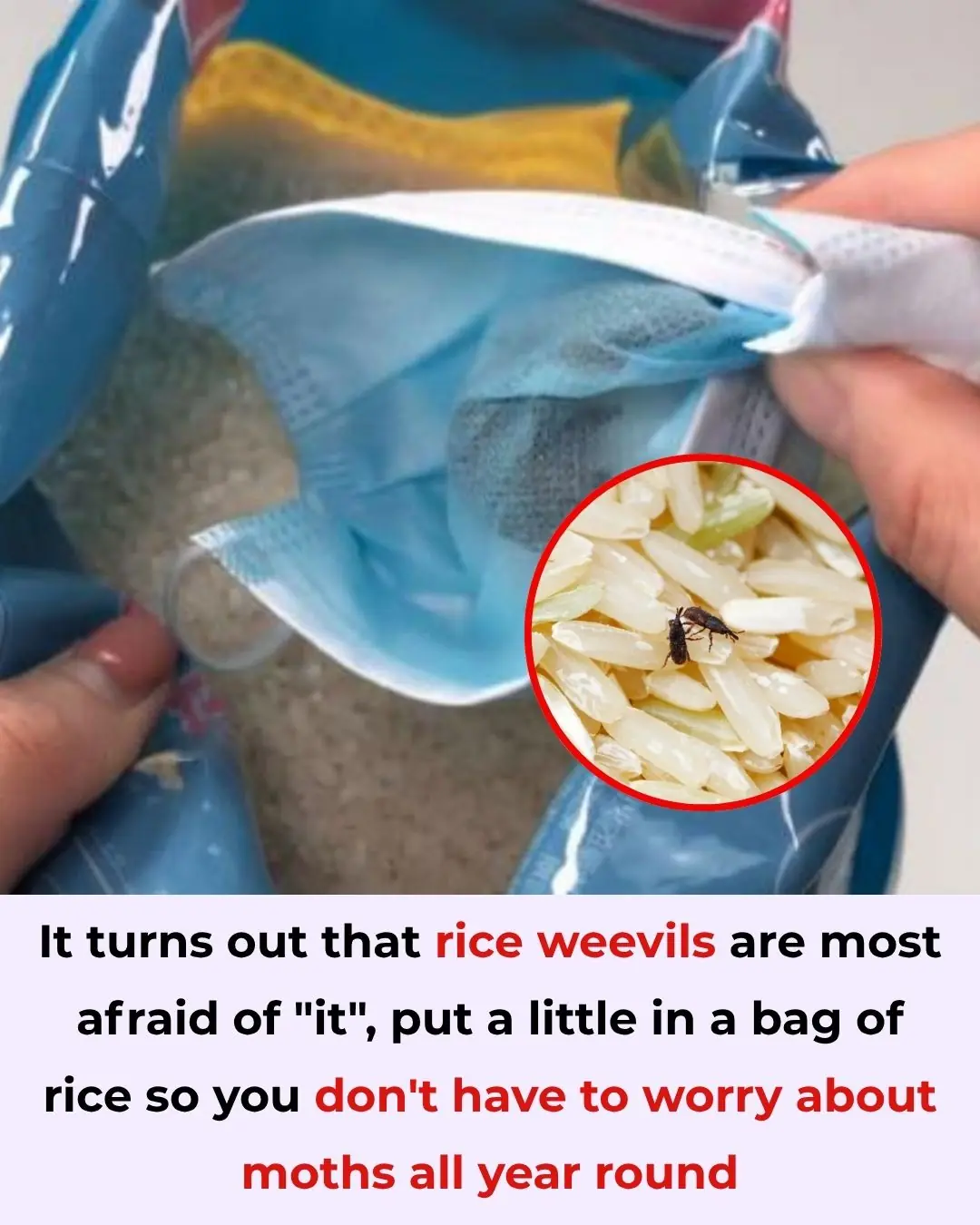
It Turns Out Rice Weevils Fear “This Thing” the Most – Put a Little in Your Rice Bag and You Won’t Worry About Pests All Year

6 Household Appliances That Consume More Electricity Than Air Conditioners and Refrigerators: Unplug Them to Avoid Skyrocketing Bills
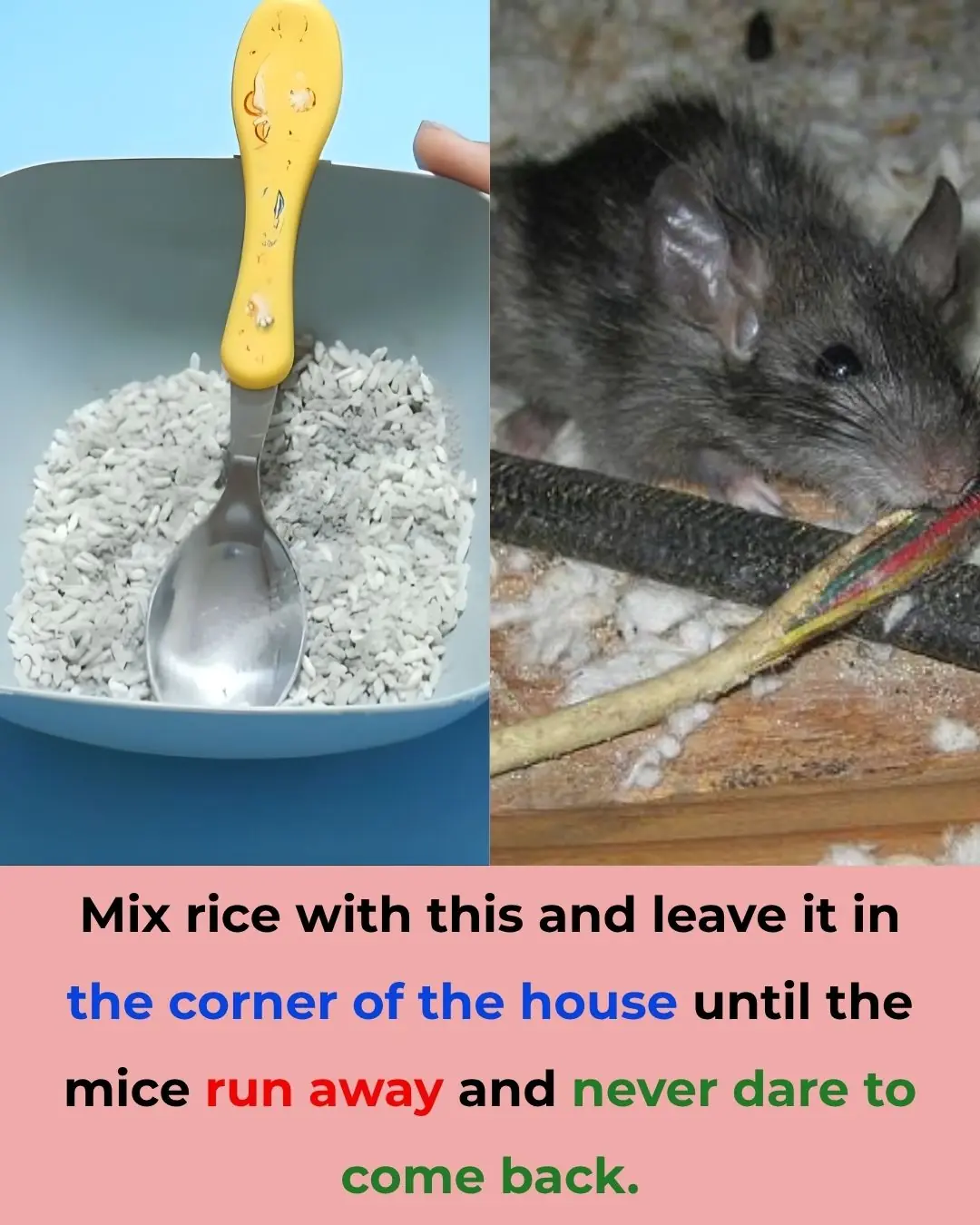
5 Natural Ways to Keep Mice Away from Your Home Without Using Poison

Mix Leftover Rice with Laundry Detergent – A Surprising Household Hack That Solves Common Problems Without Costing a Dime
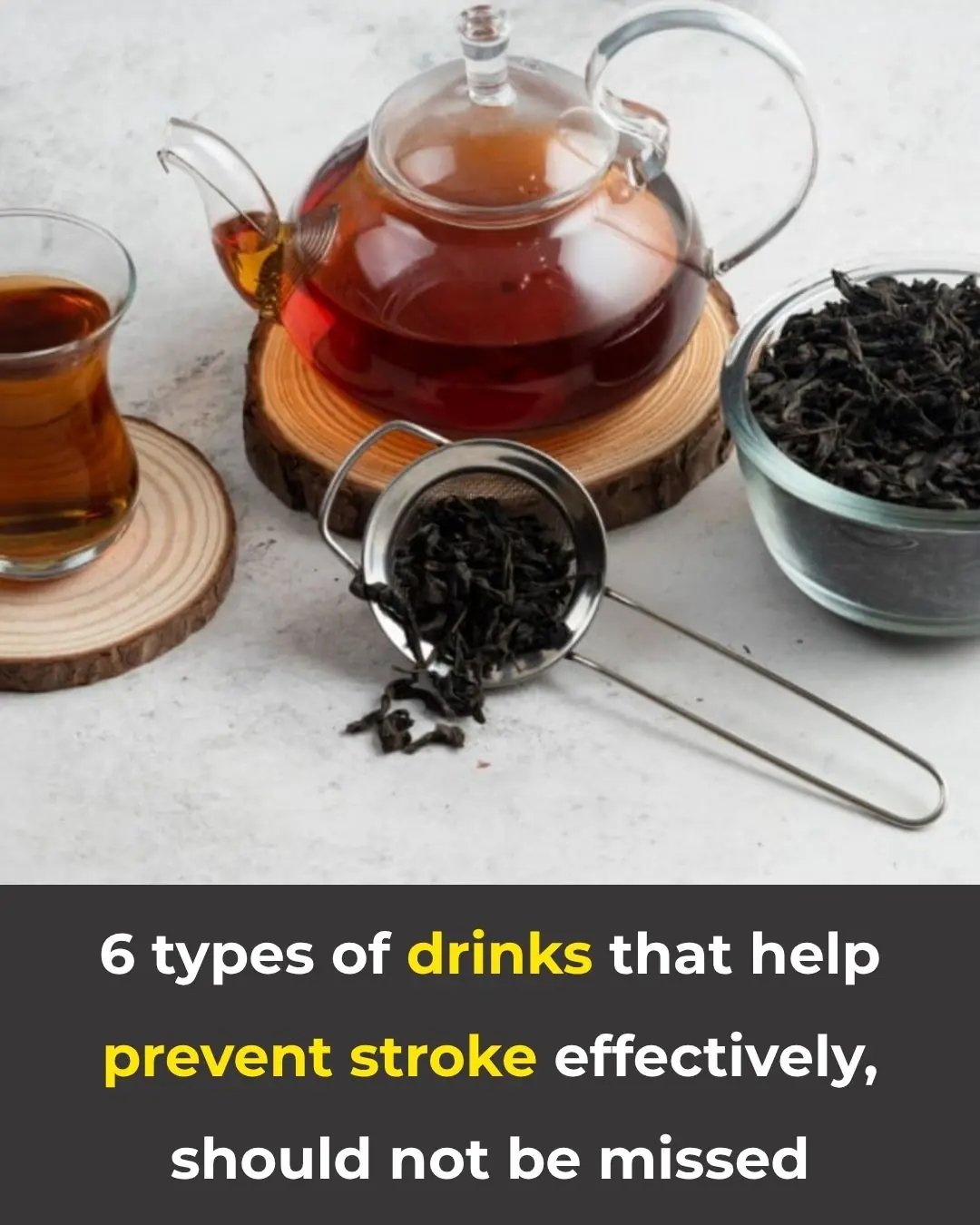
6 Healthy Drinks That Help Prevent Stroke — Simple, Effective, and Worth Adding to Your Routine

Air Conditioner Leaking Water Indoors?
